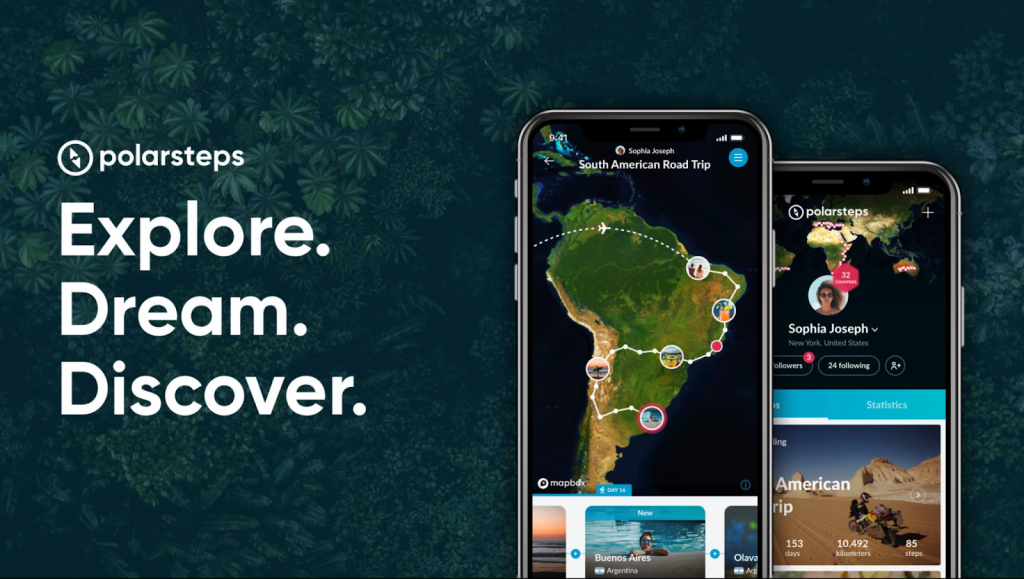The outlook for travel remains strong as volumes finally begin to exceed 2019 levels, putting global lockdowns in the distance. Business and corporate travel is a shining star in the industry with 40% of businesses expected to increase travel and 42% of corporations expecting to spend more for travel in 2025 (Flight Centre Corporate research). The increasing traffic on both sides of the market is also driving technology adoption with travel app downloads racing ahead. Smartphones continue to dominate the travel landscape as the go-to travel accessory and travel consumers are demanding more conveniences and benefits from their mobile devices. TravelTechnologySolutions.net looks at the top travel tech trends heading into 2025.

AI Revolutionizes Travel Planning
Artificial intelligence powered technology has made major inroads in the travel industry and is being adopted in many facets of the business. A major trend in consumer facing technology, AI is being used to provide concierge type services to help travel consumers research, plan and book trips. AI’s ability to understand plain language inputs makes it a valuable tool that can save time and create conveniences for both leisure and business travelers. Corporate and business travel planners can utilize AI portals to plan complex travel itineraries as well as to book meeting spaces and other travel products. The advanced capabilities of AI technology can complete bookings and make recommendations to save costs and time. AI can also elevate leisure travel consumer experiences by assisting with research, offering recommendations and addons as well as completing purchases and confirming reservations. AI technology is becoming a mainstay in the travel business as it offers significant conveniences and benefits to both business and leisure travel consumers.
Overtourism Drives Localization Preferences
As travel makes its post-pandemic comeback, many key travel sites are experiencing bouts of overtourism. Media reports highlight the mobilization of locals against ‘onslaughts’ of foreign tourists and the challenges that come with overtourism. Another key trend in travel technology are mobile apps that can localize experiences beyond globally popular sites. The term ‘off the beaten path’ perfectly illustrates the demand for non-traditional recommendations and suggestions that avoid major sites and facilities. Mobile apps that offer resources and suggestions for truly local experiences will cater to a growing group of travelers looking for those ‘off the beaten path’ experiences. Apps can offer real time information on demand and display suggestions and recommendations along with navigation and other important details in an easy to navigate interface.
Travelers Adopt Tech for Conveniences
Travel consumers have made smartphones more of a necessity instead of just a go-to accessory. Mobile device technology has evolved to a point where they offer a myriad of conveniences that both business and leisure travelers demand and rely on during trips. Trip tracker apps are a convenient way to record and organize vital trip data and statistics for reconciliation or future reference. Some trip tracker apps, such as PokkeTTREK, offer advanced features like media capture and localized suggestions that elevate the experience. With the push towards document free travel, mobile phone apps offer secure ways to store important travel documents that can be scanned and read right from the device. Business travelers rely on advanced appointment reminders and navigation to maintain busy schedules and maximize travel resources while on the road.
Technology Pairs Well With Travel
It is estimated that there are 7.2 billion smartphones globally and 95% of US residents own some form of mobile device (SEMRUSH) suggesting that smartphones are becoming more of a necessity than a luxury. Rising demand for both business and leisure travel congruently drives smartphone usage and travelers come to depend on their devices before, during and after the trip. Mobile travel apps and travel technology continue to evolve to meet market demands for conveniences and benefits that elevate the trip. From research to planning, during the trip and after trip reconciliation, technology can deliver those conveniences and benefits to both travelers and travel businesses. Preferences for convenience will always drive travel technology and innovations to meet those increasing demands from travel consumers.

